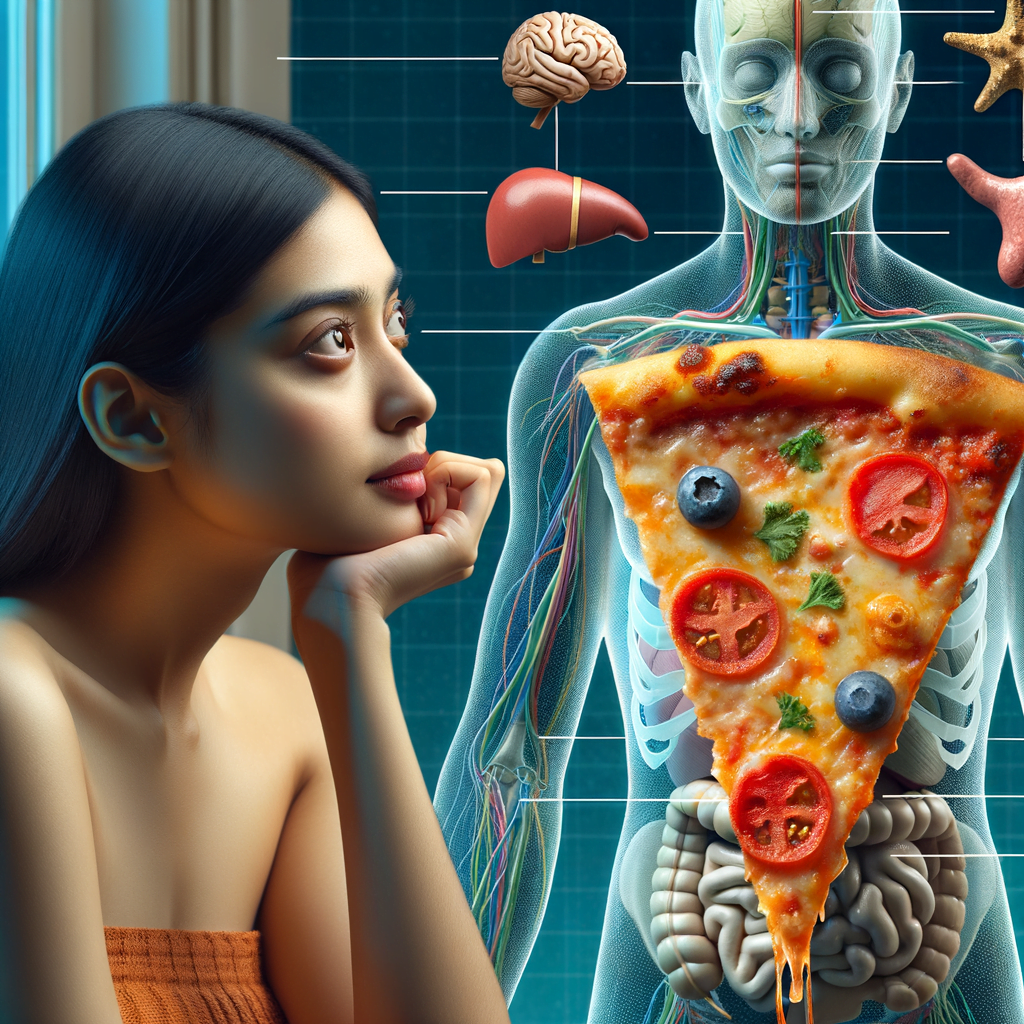
Why High-Fat Diets Can Leave You High and Dry
Look, we all love a good fried chicken or a slice of juicy pizza, but a recent study by the UC Riverside authorities might have you thinking twice before reaching for that extra cheesy slice. The study discovered that high-fat diets alter genes linked to not just obesity, colon cancer, and irritable bowel, but it also messes with your immune system, your thinking cap (that’s your brain), and might even up the ante for COVID-19 risk. So let’s do what we do best: break it down and see what we can do to keep you and your bod in tip-top shape.
Nothing Wrong with Variety, But…
In the study, mice were put on three different diets with at least 40% of their calories hailing from fat. In human terms, think of it like an everyday buffet of burgers, fries, and pizzas. After 24 weeks (that’s 6 months of junk-food goodness), the researchers made some pretty surprising observations.
Despite the common belief that plant-based diets are a ticket to optimum health, this study found that even a plant-based diet high in fat doesn’t get a clean health check-up. So, eating pounds of coconut oil or soybean oil might not be doing your body as many favors as you think.
Fat and Your Immune System
The research discovered that as fat intake went up, the ability of genes to recognize infectious bacteria significantly decreased. These diets literally set the stage for harmful gut bacteria to rock out and thrive. Believe me, you don’t want these guys as the life and soul of your gut party.
High-Fat Foods and COVID/Other Diseases
Hang on, the fat story gets even more complicated. High-fat diets also seem to make our bodies more attractive for COVID-19. You know, like when you wear that new workout gear that fits just right. The study found these diets boost the expression of ACE2 and other proteins that act like a welcome mat for COVID spike proteins to enter the body. In simple terms, they make you a hotspot for the virus.
As a nice cherry on top, these diets were also found to increase signs of stem cells in the colon, which sounds good but can be a precursor to cancer. Bummer, right?
A Brain-Gut Highway
Finally, the research also pointed to changes in the expression of neurotransmitter genes, which basically drive the brain-gut link. It showed that your diet can directly impact this gut-brain highway. This means, having one too many cheeseburgers might not only mess up your gut, but also your mood, anxiety levels and brain function. Food for thought indeed!
Final Thoughts
No need to panic over that single slice of pizza you enjoyed last night. It’s the long-term high-fat habit that leads to these changes. Think about it: if our tiny mice friends were fed these diets for 24 weeks, that’s equivalent to a lifetime of bad eating habits. However, the key takeaway is that a diet high in fat affects more than just waistlines – it impacts our genes, brain, immune system, and overall health. So, step back, reflect on your eating habits, and remember, you might not be able to just exercise away these effects.
- High-fat diets alter genes linked with obesity, colon cancer, irritable bowels, and more.
- These diets also affect immune function, brain function, and potentially increase COVID-19 risk.
- Fat metabolization alters gut bacteria and susceptibility to infectious diseases.
- High-fat diets increase the expression of proteins that act as entry-points for COVID-19.
- High fat intake over a prolonged time can lead to stem cell activity in the colon, potentially leading to cancer.
- All fats are not created equal: coconut oil and different types of soybean oil were found to alter gene expression differently.
- Chronic high-fat diets affect genes associated with neurotransmitters, affecting the gut-brain axis.
- One-off indulgence in high-fat foods is less harmful than long-term adherence to high-fat diets.
Source Citation: https://bioengineer.org/new-reasons-eating-less-fat-should-be-one-of-your-resolutions/



